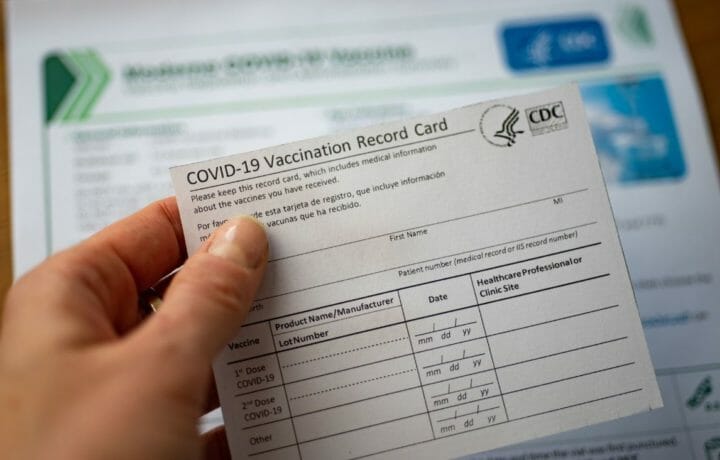Class action litigation objecting to Executive Order 14043 (mandatory vaccine for federal employees) has heated up the past three weeks. Both civil service employees and uniformed personnel have filed at least five cases in different federal courts.
The Director of Office of Personnel Management (OPM) sent out a memorandum dated October 1 that set a deadline of November 22 for all federal employees to be fully vaccinated, which means they must have their final shot no later than November 8 to meet the defined requirements. Failure to do so, according to the agency, could result in unpaid suspension or termination.
Vaccine Lawsuits
The relief asked for is consistent amongst the lawsuits.
- A temporary restraining order asking the court to order the federal government to stop enforcement of the mandate and deadlines as written. A temporary restraining order is the quick Band-Aid over the problem measure used until the matter can get to some sort of hearing.
- A preliminary injunction asking the court to order the federal government to halt the enforcement of the executive order until a permanent injunction or declaratory judgment can be issued. Preliminary injunctions are often decided after an evidentiary hearing before the judge. It gives the plaintiff an opportunity to change the contested law or ruling, until a trial is set, which can be months later.
- A Declaratory Judgment rendering the executive order illegal and not enforceable as it was written. This is the ultimate win for the plaintiff as the end game to such a lawsuit (although with appeals, it really is not an endgame in the technical sense).
The grounds for the lawsuits are all constitutionally grounded ranging from applications of the First Amendment (religious exemptions are too rigorously scrutinized), the Fifth Amendment (Due Process of Law violation for not affording plaintiffs the right to defend themselves or protect their individual liberties), Ninth Amendment (that the mandate is an infringement on another right), and the Tenth Amendment (this is a state rights issue that shouldn’t be federally regulated or controlled).
The Federal Government, Vaccines, and Security Clearances
Federal employees will have a higher standard to meet than others subjected to similar mandates such as all healthcare workers employed at facilities receiving Medicare and Medicaid funding and all private employers with 100 or more employees. The span of government control over their employees makes it more difficult for them to use the constitution successfully in their lawsuit.
Of course, this discussion is all very relevant to the status of security clearances for those involved in the lawsuits or for those who just simply refuse the vaccine. While this has been mentioned in several recent articles published on this site, the conclusion is well….inconclusive. With so many variables and agencies involved and OPM giving fairly generic guidance, time will have to tell the true impact on clearances all of this will have.




